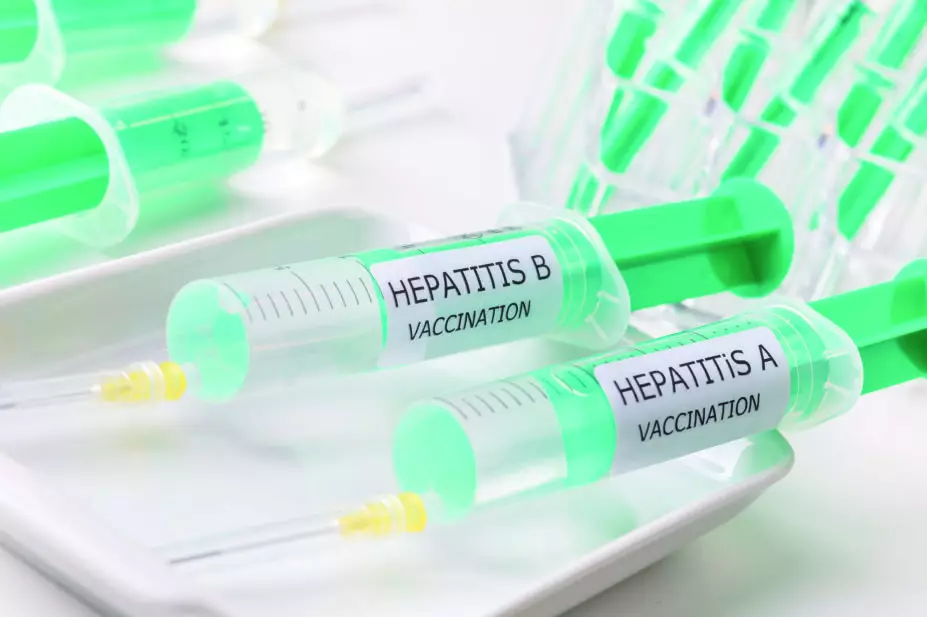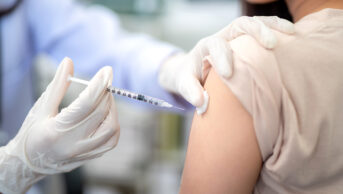
Shutterstock.com
Public Health England (PHE) has issued “temporary” guidance on restricting hepatitis B immunisation to help preserve remaining stock in response to the global shortage of the vaccine.
‘Hepatitis B vaccination in adults and children: temporary recommendations from 4 August 2017’ provides health professionals with a list of priority groups who should be given the vaccine under current restrictions. The guidance does not state how long these temporary measures will be in place, although it has been suggested by the National Pharmacy Association that the vaccine may be restricted until early 2018.
High-risk groups include infants born to hepatitis B-infected mothers, people with needlestick or other sharps injuries from a ‘known person’ with hepatitis B, and those with sexual exposure to an acute case of hepatitis B.
Risk for travellers is low, the guidance advises, but some activities could put individuals at higher risk particularly in areas where hepatitis B is more common.
To help prevent hepatitis B, health professionals can also remind people, including travellers to hepatitis B endemic countries, to avoid contact with blood and bodily fluids by avoiding unprotected sexual intercourse and to follow safe injecting, sharps disposal and universal precautions in healthcare settings. Individuals should be advised not to share needles or other injection equipment and instead use needle and syringe exchange services.
The guidance says manufacturers have put in place processes to allow exceptional requests for additional doses of the vaccine, “if there is a clear clinical and public health need on an individual patient basis, or as part of an outbreak response”.
PHE warns that providers of the vaccine “should order only the essential stock for immediate use”, and that they “should not stockpile”. Responsible ordering “will help preserve scarce stock for those in greatest need”, it says.


